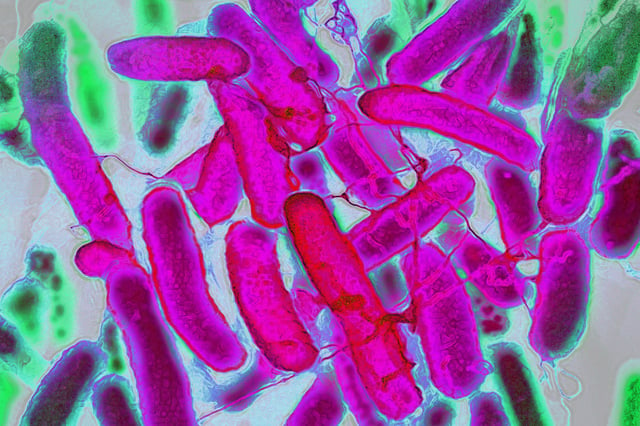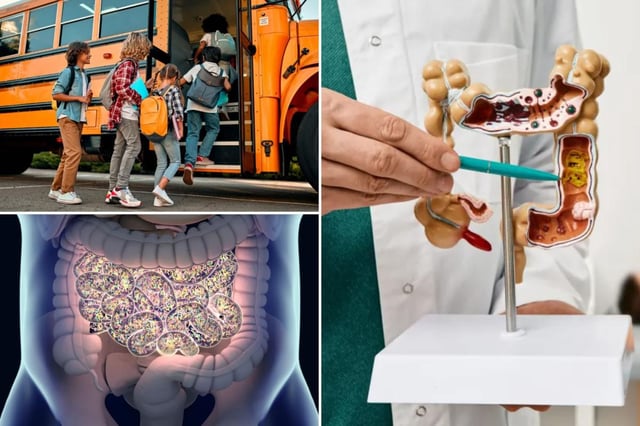Overview
- Global rates of early-onset colorectal cancer are increasing, with England reporting a 3.6% annual rise in cases among those under 50.
- A toxin called colibactin, produced by specific strains of E. coli, has been identified as a major contributor to DNA mutations linked to early-onset bowel cancer.
- Mutations caused by colibactin typically occur within the first 10 years of life, suggesting early childhood exposure as a critical factor in cancer development decades later.
- Researchers are developing stool-based tests to detect colibactin-related mutations and exploring probiotic treatments to reduce harmful bacterial strains in the gut.
- Projections indicate that if current trends persist, colorectal cancer could become the leading cause of cancer-related deaths among young adults by 2030.



